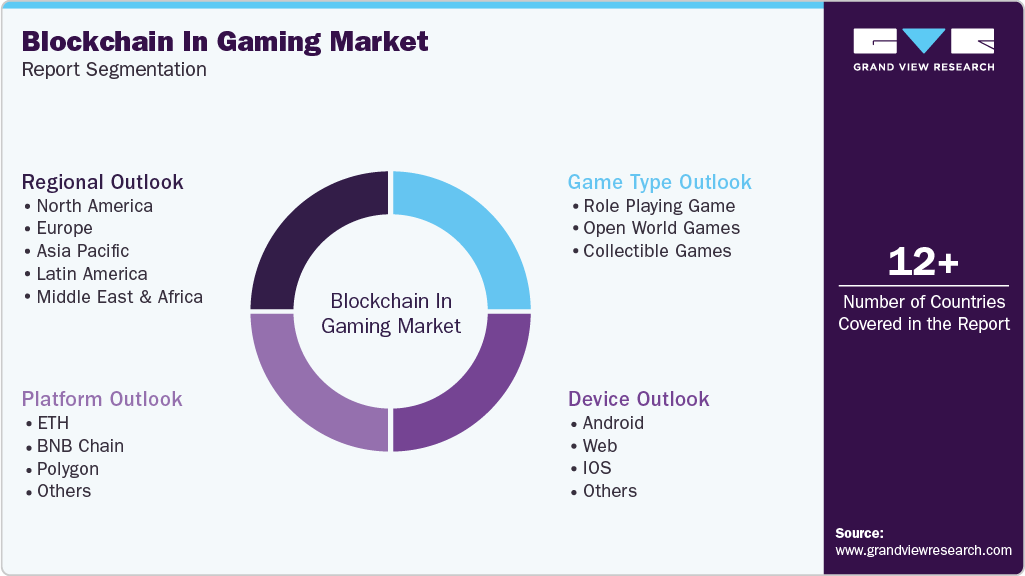Savor the Flavors: Bombay Beijing Fine Foods
Exploring the fusion of Indian and Chinese cuisines with delicious recipes and culinary tips.
Gaming Gets a Crypto Makeover: Trends You Didn't See Coming
Discover the surprising ways crypto is reshaping gaming! Explore trends that will blow your mind and change how you play forever.
Exploring the Rise of Play-to-Earn: How Cryptocurrency is Reshaping Gaming
The rise of play-to-earn gaming is a significant trend reshaping the landscape of the gaming industry, facilitated by the advent of cryptocurrency and blockchain technology. With traditional gaming models typically focused on one-time purchases and microtransactions, play-to-earn platforms allow players to earn tangible rewards, including digital assets, cryptocurrencies, and in-game items, directly tied to real-world value. This innovation not only empowers players but also creates vibrant economies within games, where players can trade assets and generate income, motivating broader participation and transforming the relationship between gamers and developers.
As the play-to-earn model gains traction, various platforms are emerging to capitalize on this shift, from decentralized finance (DeFi) games to NFT-based worlds. Gamers can now immerse themselves in unique experiences while building their virtual portfolios. Furthermore, the integration of cryptocurrency facilitates seamless transactions, fostering a global gaming community. The success of this model can be seen in the surging popularity of titles like Axie Infinity and Decentraland, which have set the stage for future developments in the gaming industry. As we continue to explore the intersection of cryptocurrency and gaming, one thing is clear: the future of play-to-earn holds the potential to reshape not just how we play, but how we view the value of gaming itself.

Counter-Strike, a popular series of first-person shooter games, has captivated players since its inception in 1999. The gameplay focuses on team-based tactics and strategic planning, making every match a thrilling experience. If you're looking to enhance your gaming experience, consider checking out a shuffle promo code for great deals on in-game purchases.
NFTs in Gaming: Transforming In-Game Assets into Digital Gold
The rise of NFTs in gaming is reshaping the landscape of digital interactions, transforming traditional in-game assets into vibrant, tradable commodities. Unlike standard in-game items that exist solely within the confines of a game, NFTs allow players to truly own unique assets, such as skins, weapons, and even characters. These collectibles can be bought, sold, or traded on various marketplaces, creating a new economy where the value of these assets can escalate dramatically, sometimes being referred to as digital gold. This shift empowers gamers to not only enjoy their gaming experience but also monetize their time and skills.
As the gaming industry continues to evolve, the integration of NFTs is paving the way for innovative game design and player engagement. Developers are now inspired to create games that not only support blockchain technology but also incorporate player-driven economies. For instance, in games where players can earn rewards in the form of NFTs, the stakes are higher—gamers are more invested in their gameplay, knowing that their achievements can translate into real-world value. As this trend grows, the relationship between players and in-game assets will continue to strengthen, making NFTs in gaming a cornerstone of the digital art and collectibles market.
Are Gamers Ready for Blockchain? Debunking Myths and Misconceptions
The rise of blockchain technology has sparked curiosity and skepticism within the gaming community. Many gamers are intrigued by the prospect of owning in-game assets and the potential for true digital ownership. However, misconceptions abound regarding the functionality and implications of blockchain in gaming. Some believe that integrating blockchain will lead to exorbitant transaction fees or negatively impact gameplay speed. In reality, innovations in this space are addressing these concerns, prioritizing scalability and user experience. Moreover, the concept of NFTs (non-fungible tokens) is often misunderstood; while some see them as mere digital collectibles, they can enhance a gamer’s engagement, providing real value through ownership and trade possibilities.
Another prevalent myth is that blockchain gaming excludes traditional gamers. In truth, this new paradigm is designed to enhance accessibility and inclusion rather than act as a barrier. With cross-platform capabilities and free-to-play models, blockchain games are set to attract a diverse audience. Additionally, the inherent transparency and security of blockchain may lead to fairer gaming environments, combating issues like fraud and cheating. As the industry evolves, it's essential for gamers to stay informed and embrace this transformative technology, which has the potential to redefine the gaming landscape for future generations.